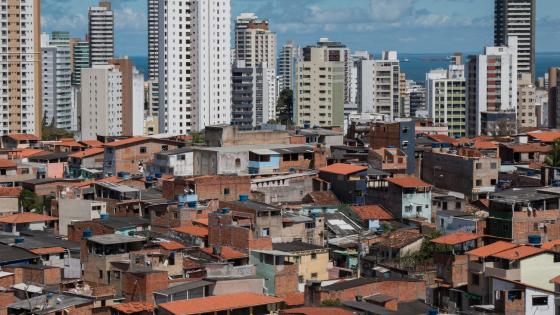DP4834 Class and Tastes: The Effects of Income and Preference Heterogeneity on Redistribution
In this paper we analyze the interaction of income and preference heterogeneity in a political economy framework. We ask whether the presence of preference heterogeneity (arising, for example, from different ethnic groups or geographic locations) affects the ability of the poor to extract resources from the rich and, conversely, whether income inequality affects which preferences are given precedence in society. We study the equilibrium of a game in which coalitions of individuals form parties, parties propose platforms, and all individuals vote, with the winning policy chosen by plurality. Political parties are restricted to offering platforms that are credible (in that they belong to the Pareto set of their members). The platforms specify the values of two policy tools: a general redistributive tax which is lump-sum rebated (or used to fund a general public good) and a series of taxes whose revenue is used to fund specific (targeted) goods tailored to particular preferences or localities. Individuals differ both in income and also as to whether they receive utility from some specific good.
Our analysis demonstrates that taste conflict first dilutes but later reinforces class interests. When the degree of taste diversity is low, the equilibrium policy is characterized by some amount of general income distribution and some targeted transfers. As a group, however, the poor obtain less income distribution than if taste heterogeneity did not exist. As taste diversity increases in society, the set of equilibrium policies becomes more and more tilted towards special interest groups and against general redistribution. As diversity increases further, however, these policies are not sustainable. There exists a critical threshold of diversity above which the only policy that can emerge supports exclusively general redistribution. In fact, this policy is identical to the one that would be instituted in the absence of any taste diversity at all.


